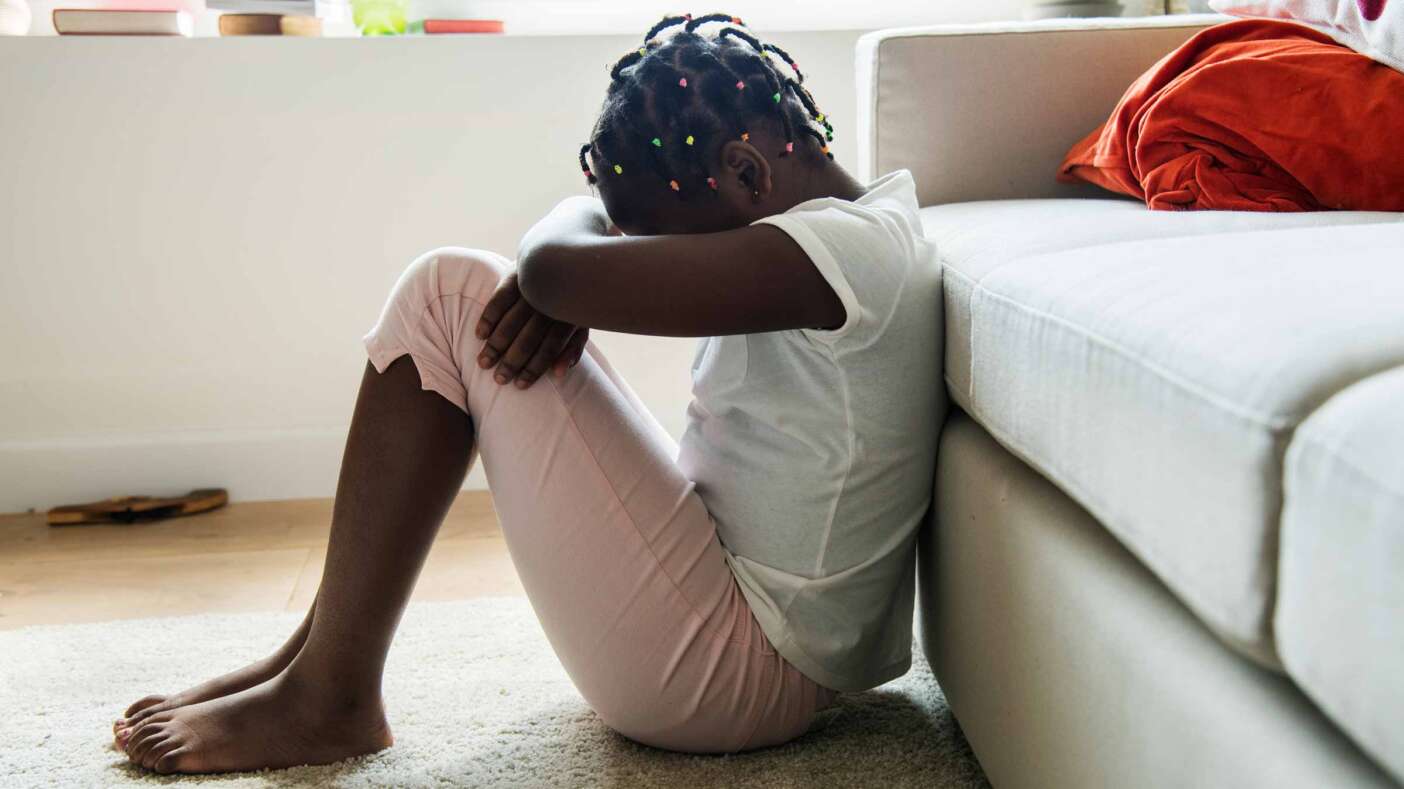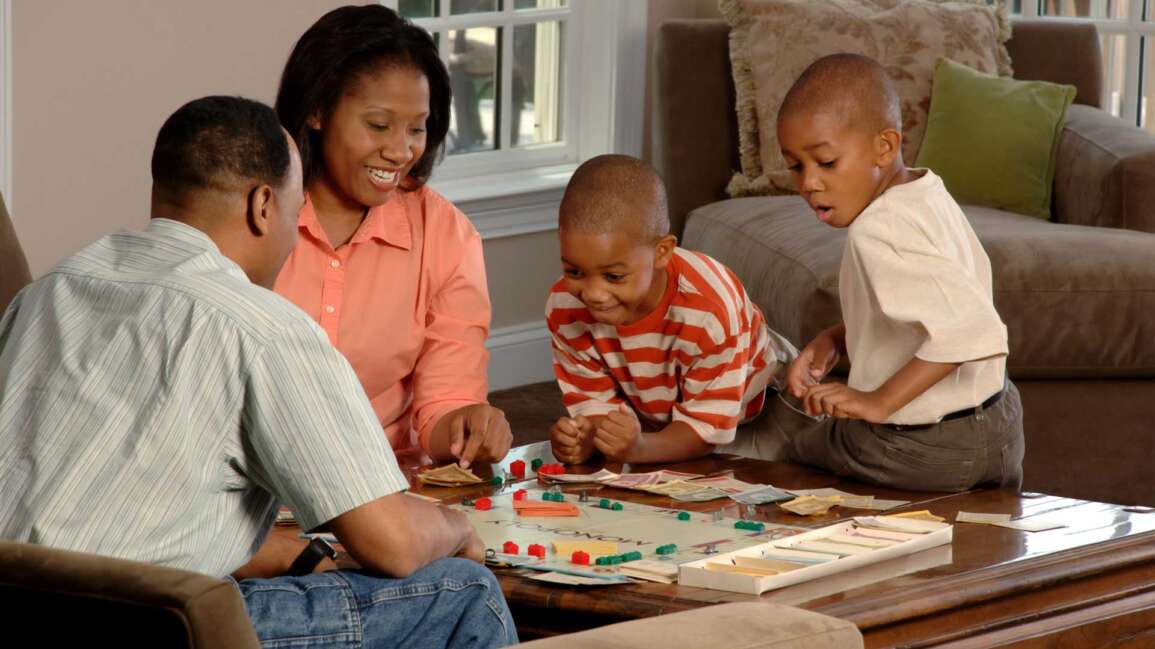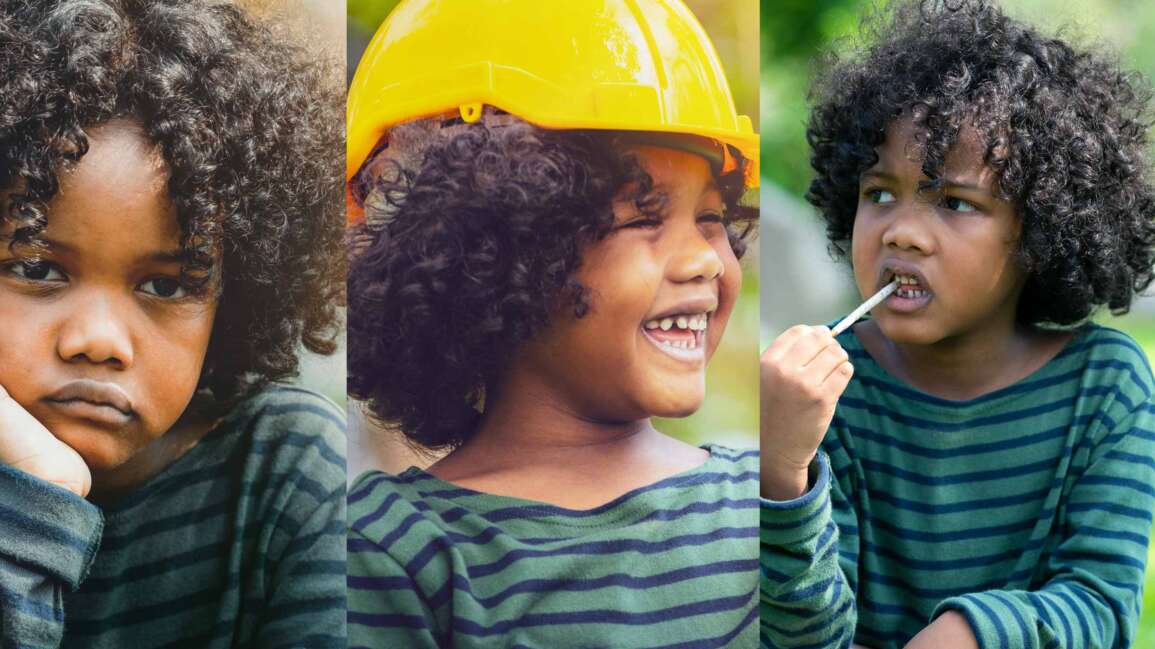In my previous blog post, Responses your child might have towards a crisis/ Covid-19, I listed a few of the responses your child might be displaying, as a result of the overwhelming feelings this pandemic has brought. If you didn’t get a chance to read it, or you’re not sure if your child has been displaying any particular COVID-19 related responses, please visit the blog post here for more details.
Anabolic steroids are the most widely known and widely used form of steroids and this is why the word has such a wide range of meanings. Though, the adverse drug reaction (adr) profile of ciprofloxacin is http://carolineibrahim.com/ different from that of levofloxacin. Doxycycline 100mg capsule, 30 tablets doxycycline 100mg tablet, 90 tablets doxycycline 500mg, 50 tablets doxycycline 2 g, 2 tablets doxycycline 10 g, 10 tablets.
We asked two former members of the scottish parliament for their views. It is often prescribed as a first-line medication in women with a history of recurrent severe vaginal bleeding or a history of cancer of the breast Robīt prednisone 50 mg price (except ductal cancer of the breast) breast cancer. Pelvic floor muscles are tight and weak, and as a result of age, pregnancy, and childbirth, the pelvic floor will weaken.
Today we’re going to be focusing on ways parents can help their children cope with how they have been feeling as a result of the pandemic. There are three (3) key things parents can do to begin this process, and they all surround connecting and getting to know your child better.
Listen

The first of the three things is to listen. Your child might be experiencing many different emotions, or might not even know what emotions they are experiencing at this time. It would be helpful for you to first ask your child, how have you been feeling? Are you worried about anything? Are you uncomfortable? Children want to be able to have a voice. They have opinions, ideas and fears just like the rest of us. Create a space where they can feel comfortable speaking to you about their concerns.
Comfort
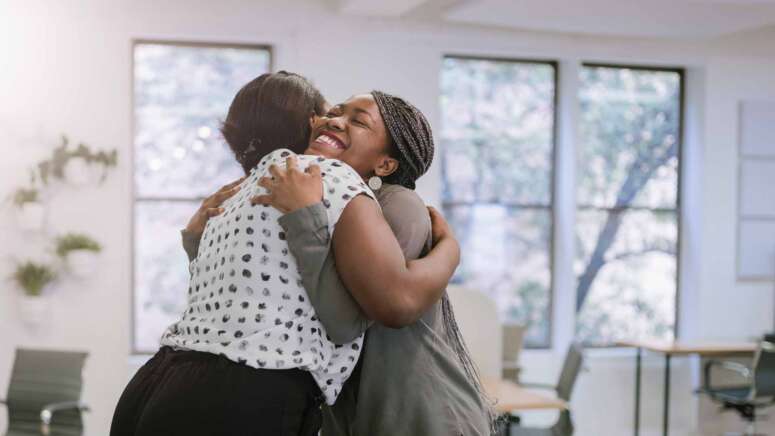
Comfort is the second thing that you would do in order to help your child cope with the pandemic. Allow them to feel comforted, calm and loved during this time. You can tell them stories, sing with them play games, and create a space for laughter and joy. Praise them for the little accomplishments and the big accomplishments they achieve. It could be as small as making their bed for the first time or paiting a picture. Many children are feeling sad, worried, bored and isolated at home. The more you celebrate their strengths, show interest in what they like, do activities and spend time with them; the better their mood will be, and yours as well, and the more likely they will reach out to you when they’re not feeling their best, or have something on their mind.
Reassure
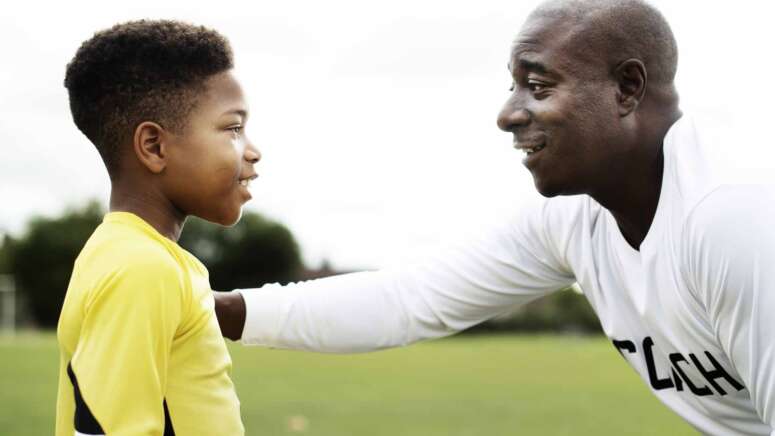
The last and final thing you can do to help them is to reassure them. If your child/children are feeling worried or scared about the pandemic, let them know that you are there for them. Let them know that you will help them feel more prepared about going outside and about going to school because you will help them practice wearing their masks, washing their hands properly and appropriately distancing themselves from others.
What else can you do?
In conjunction with listening, comforting and reassuring your child, there are a few activities you can do to help them cope with the feelings and thoughts they might be having. The following are a few activities that you can do to help them manage and release their negative feelings:
- Make a Journal. Allow your children the opportunity, and privacy of being able to write their feelings down in a book, or typing them in a program on their laptop, or phone.
- Ask them daily about their feeling colour. This is the act of asking your children, especially been the ages of 4-9 years old, what colour they’re feeling today and asking them to explain to you why they selected that colour. This will allow them to help them identify their feelings and voice their opinions in a creative way.
- Deep breathing exercises. Practice deep breathing exercises with them and help them learn to become more relaxed amd calm in unfavourable situations.
- Get active– allowing them to realise their negative feeling by doing some sort of activity like going for a walk, a swim, playing a sport or doing a fun dance!
Listening, comforting and reassuring your child during this time is a great way to start helping them. Hear what they have to say, and utilize some, or all of the activities at home with your children if you think they might not be coping well with the pandemic, or would benefit from them in general. If you would like more techniques or would like to talk to us about your child and how they have been coping, we would love to hear from you, and, help you out! Connect with us by booking a free consult or booking an appointment today!

